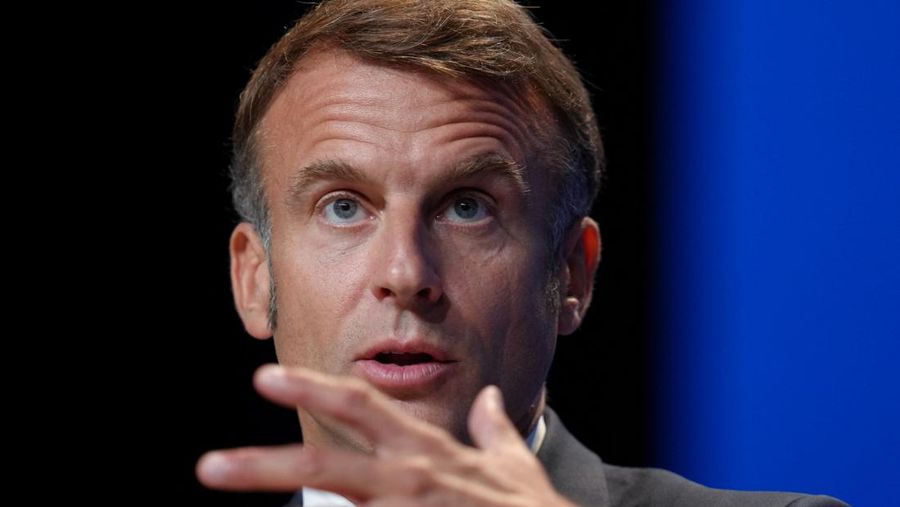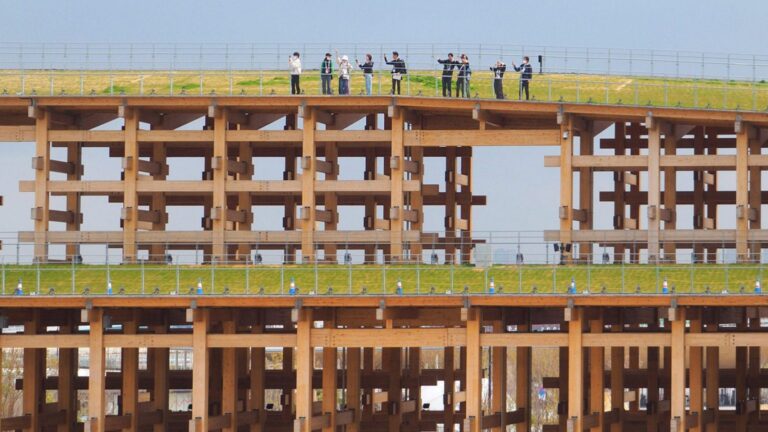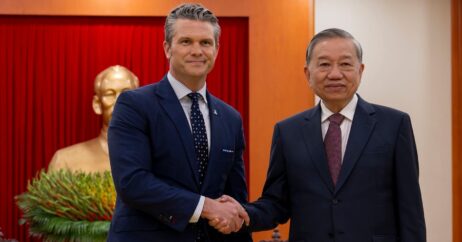Noumea — New Caledonia has taken a significant step toward redefining its political status, following a landmark agreement with the French government to establish a new entity named “The State of New Caledonia.” While the territory will remain under French protection, it will gain its own citizenship and a degree of autonomy in foreign policy matters.
The agreement, signed on Saturday, July 12, 2025, outlines a 13-page framework endorsed by French President Emmanuel Macron. Macron described the accord as a renewed trust pact between Paris and the South Pacific territory’s capital, Noumea. “It’s a path forward built on responsibility and dialogue,” he stated in a press briefing.
Under the new arrangement, New Caledonia will be granted the right to hold further referendums to potentially assume control over key state functions—defense, currency, judiciary, and internal security. Should these be approved in future ballots, New Caledonia may ultimately seek full membership status at the United Nations.
The compromise includes the creation of a New Caledonian citizenship—a symbolic yet tangible shift long demanded by the indigenous Kanak community. French lawmaker Nicolas Metzdorf emphasized the diplomatic breakthrough, noting, “Caledonian citizenship is a real concession born from dialogue.”
The French Parliament is set to debate and vote on the proposal in the fourth quarter of 2025. If passed, the next step will be a public referendum in New Caledonia, likely to be held in 2026, determining the extent of its self-rule.
Despite being nearly 17,000 kilometers from Paris, New Caledonia has been under French rule since the 19th century. Tensions between the Kanak people—who constitute about 40% of the 300,000 population—and the French government have long shaped the region’s political climate.
Last year, widespread unrest broke out in response to legislation that would allow long-term non-Kanak residents to vote in local elections. The riots, led by Kanak activists in May 2024, left 14 dead and inflicted economic damage estimated at 2 billion euros, shaving off nearly 10% of the territory’s GDP.
The new accord marks a recalibration of France’s overseas governance, potentially reshaping its presence in the Indo-Pacific as the region becomes increasingly strategic in global geopolitics.









